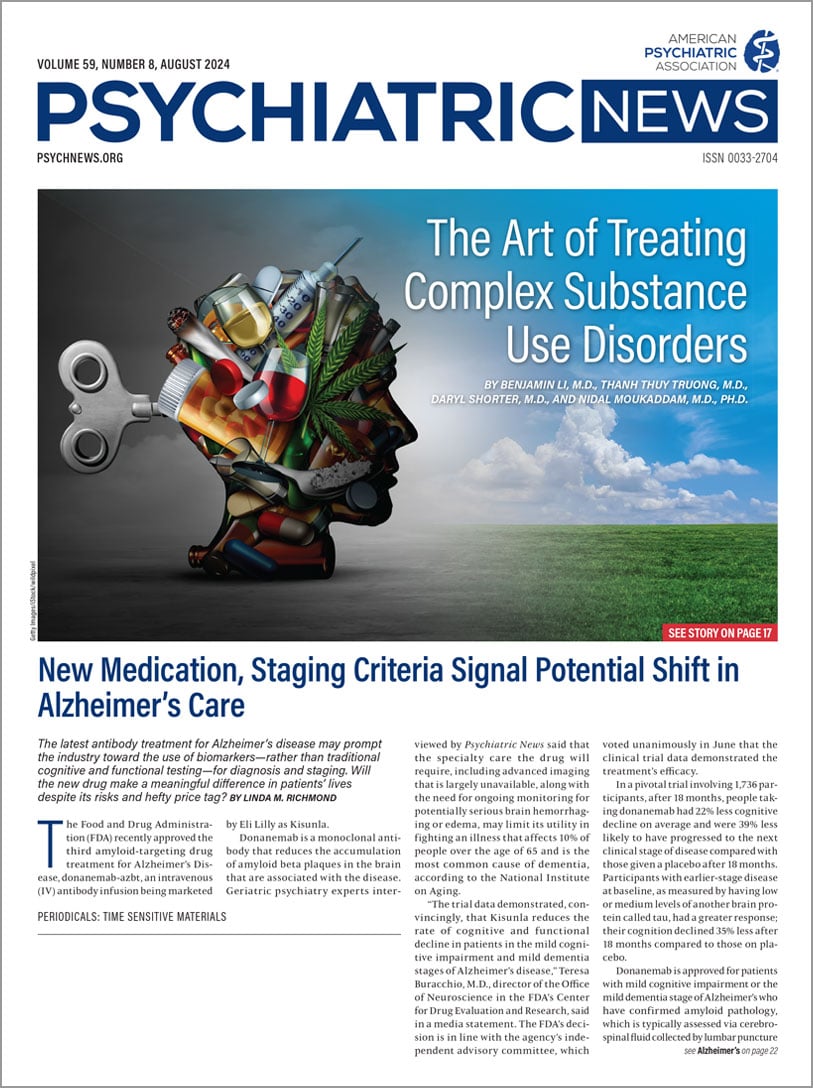Humanitarianism Is Essential to the Practice of Psychiatry
Resource
Biographies

Information & Authors
Information
Published In
History
Keywords
- Humanitarianism
- Ethical doctrine
- The Principles of Medical Ethics With Annotations Especially Applicable to Psychiatry
- Essence of human nature
- Mental disorders imperil our core
- Biopsychosocial model
- Maslow’s hierarchy of needs
- Challenges of practice in profit-driven market
- Asking patients what gives their lives meaning
- Sir William Osler, M.D.
Authors
Metrics & Citations
Metrics
Citations
Export Citations
If you have the appropriate software installed, you can download article citation data to the citation manager of your choice. Simply select your manager software from the list below and click Download.
For more information or tips please see 'Downloading to a citation manager' in the Help menu.
There are no citations for this item
View Options
View options
Get Access
Login options
Already a subscriber? Access your subscription through your login credentials or your institution for full access to this article.
Personal login Institutional Login Open Athens loginNot a subscriber?
PsychiatryOnline subscription options offer access to the DSM-5-TR® library, books, journals, CME, and patient resources. This all-in-one virtual library provides psychiatrists and mental health professionals with key resources for diagnosis, treatment, research, and professional development.
Need more help? PsychiatryOnline Customer Service may be reached by emailing [email protected] or by calling 800-368-5777 (in the U.S.) or 703-907-7322 (outside the U.S.).
